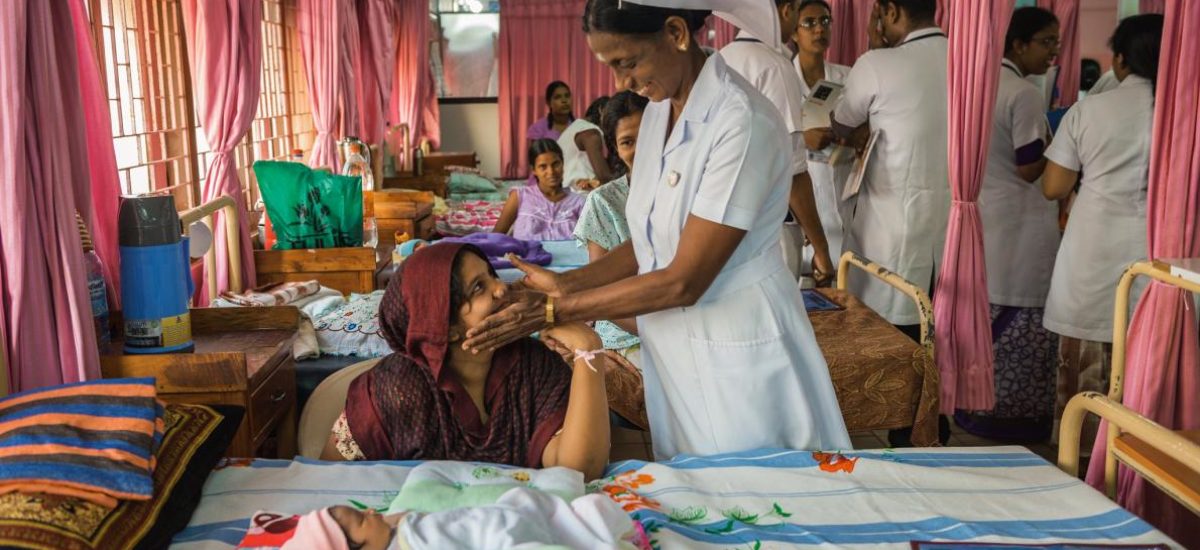Featured image by Ami Vitale/National Geographic
When you tell people in Washington that you’re following Sri Lanka, you might get a strange look. You might get something worse than that.
But you never really know.
Please keep in mind that there are plenty of people in Washington who have some idea about what they are talking about (though less than you’d imagine). And yet, there are undoubtedly more who know very little. More broadly, Washington is the capital of both genuine experts and people masquerading as experts who don’t have a clue.
Additionally, there are people with all kinds of world views focusing on countries that most Americans hardly know exist. Everyone has interests. Everyone has personal issues. That’s just how things work.
No big deal.
So, let’s return to the important stuff. Let’s go back to Sri Lanka.
I frequently get asked why I care about a specific South Asian island nation. I frequently get asked why Sri Lanka matters.
After I run through the war-related, geopolitical and human rights stuff, I usually mention that I lived there and have maintained an interest in the country.
Yet there’s so much more, although I’m reluctant to elaborate that much in front of people I don’t know. To be clear, I’m very interested in talking about journeys and stories and emotions. However, you just never know what you’re going to get.
Those early days in Colombo were tough: couldn’t find a place to live; no one in my office seemed to like me; I wasn’t getting along with my boss; I was doomed.
In the beginning, I hardly slept. I was worried, afraid even – of failure.
Then I decided to dig in, really. I worked hard to build relationships because I cared about the work that they were doing and wanted to be a part of it. Because I have always wanted to be in the arena. Living it, even if it was from the perspective of an outsider.
Though initially, I was a mess, a complete mess.
Ultimately, I became a part of the team because other people let me. And because they knew that – even though I was different – I was no pretender. To be clear, nothing I did was ever spectacular, far from it. Nonetheless, I collaborated with people who had more courage than I ever will. I had the privilege of working with people – during the darkest hours of Mahinda Rajapaksa’s reign – who are colleagues, friends and role models. With few exceptions, these individuals got no public recognition for the work they did. They were not invited to fancy diplomatic events. Their names did not appear in the papers. These quiet heroes are the main reason why I’m still interested in human rights.
I loved working on issues that were (and still are) truly important. And that was happening because people were generous enough to let me be a part of it. Because if you spend time with people, you build trust. Because you have never been that good at covering up emotions, and things got emotional on the island.
Let’s not forget other matters, like America. We, obviously, have a lot of problems in the U.S. We have many issues to deal with – in terms of race, inequality, rising authoritarianism and more. Right now, the U.S. is a mess, though it remains a democracy. Just as Sri Lanka, in arguably different flavours, has remained a democracy since its inception.
Of course, this article isn’t meant to be a comprehensive piece in any way. This article, in a general, flawed way, is what I talk about when I talk about Sri Lanka. Frankly, I’d talk about a lot more, but it would depend upon who would be willing to listen.
For an outsider, the world’s most interesting island is a bolt of lightning. And everyone gets struck. It’s where you go after that – and who you keep close – that matters.

